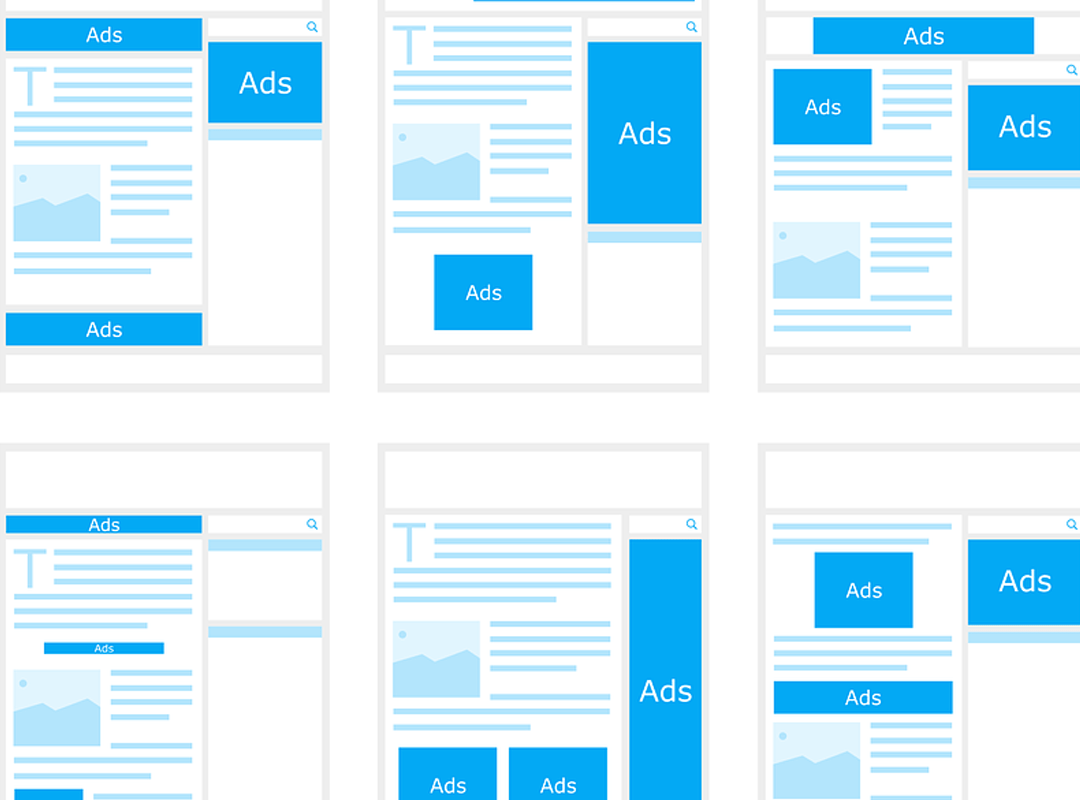While copywriting and content writing are two of the most popular topics these days, they are frequently confused. People usually fail to distinguish between the two topics. This blog will help you understand the concepts of copywriting and content writing. Along with learning the two concepts, we will also focus on some key differences between copywriting and content writing.
To comprehend the essential distinctions, one must first learn the concepts of copywriting and content writing. To understand what is copywriting, it is a type of writing that is used to promote or market things. The goal is to promote a product. The objective or intent of content writing, on the other hand, is fundamentally different. The goal of content writing is not to sell products; hence no product descriptions are included. Rather, it is to spread information. The skillset necessary for content writing differs greatly from that required for proficiency in copywriting. Let’s understand the core differences between copywriting and content writing.
Click here to read about the most crucial elements of great copywriting, which will help you write copies that are polished and error free.

1. COPYWRITING AND CONTENT WRITING : PURPOSE
The primary difference between copywriting and content writing, as previously said, is in their intended audience. A copywriter’s goal is to sell products, but a content writer’s goal is to share knowledge. A copywriter’s goal is to pursue, but a content writer’s goal is to inform. A copywriter may be seen writing copy for commercials, slogans, taglines, billboards, and so on. A content writer, on the other hand, will use writing styles such as articles and blogs to disseminate information on a variety of themes. Read our article on core differences between blogs and articles, which will help you to clearly differentiate between an article and a blog.
2. COPYWRITING HAS A SHORT PERIOD OF IMPACT
The difference between copywriting and content writing can be made based on their period of impact. While understanding what is copywriting, we learned that copywriters write advertisements. Copywriters have a shorter impact time since they sell items. Their goal is to compel the audience to take quick action. As a result, effectiveness and impact are judged in the short term.
On the contrary, the goal and effect of content writing are measured over time. The material remains on the internet for a long time, and even traffic takes time to arrive. Content writing strategies, such as SEO, which try to generate visitors, require time to provide positive outcomes. As a result, the influence is tracked over time. Learn more about how does SEO content writing function, and the whole process that goes behind it.
3. COPYWRITING LAYS EMPHASIS ON EMOTIONS
Since the goal of copywriting is to sell items, copywriters understand how to manipulate the consumer’s emotions. Their writing is built on eliciting emotions in the reader, which may lead to the purchase of a product. They want to push readers to take instant action. The goal is to sell things by eliciting emotional responses. For example, a lot of people buy products just because they see others buying them. Thus, copywriters write in ways that provoke such emotions in their customers, pushing them to buy products. Other emotions that writers might target could be pride, sense of security, sense of belonging, etc.
Writing content is a little different. Because content writers, such as bloggers or those who produce articles, are not required to sell or monetize their work, they adopt this method less frequently. Their writing is more factual, and the goal is just to review something, spread information, or express personal thoughts. So, the difference between copywriting and content writing based on emotions is that copywriters lay heavy focus on emotions, while the latter does not.
4. CONTENT WRITING LAYS FOCUS ON SEO
The difference between copywriting and content writing can be made on lines of focus on SEO. Content writers are well-versed in the realm of SEO to generate visitors. To increase their readership, they largely rely on SEO methods such as keywords, plagiarism, linking, and so on. Also, people share blogs and articles because they are informational, or relatable. Hence, content writing enjoys the benefit of being circulated. Read our blog on SEO tools and tips and how content writers may make the most of them. Another reason why content writers prioritize SEO is that lengthier pieces of writing include more keywords, which helps them rank higher on search results pages.
Copywriters may work on SEO as well, although not as much as content writers. Again, the goal of copywriters is not to drive visitors; hence, they will never employ methods such as keywords and linking. Instead, they will write short and crisp work and focus on the language they use, to attract the customer base.
5. COPYWRITING AND CONTENT WRITING DIFFER IN TERMS OF THEIR Length
Copywriting is a short type of writing. Persuading a reader or a buyer may be accomplished in as few as 2-3 lines. Because only a few lines are required to entice a buyer, it is generally written quickly and concisely. Many advertising portals have a cap on the number of words that can be included in the ad. So, the writer is bound to write within that limit.
Content writing types, such as blogging or articles, can range from 500 to 1000 words, or even more. The goal might be for entertainment or to impart information. Both of these necessitate lengthy writing styles. Furthermore, content writers like to incorporate all aspects of the issue, resulting in a longer essay.
Our article on easy tips for effective content writing will help you write effective and polished pieces of writing.
6. COPYWRITING AND CONTENT WRITING CAN BE DISTINGUISHED ON Language BASIS
Another difference between copywriting and content writing is in terms of flexibility in language usage. Copywriting is possible in a variety of languages. To make the commercials more legible and clearer to regional customers, they may be shown in the regional language. Blogs, on the other hand, are often written in English so that the bulk of the people may easily comprehend them.
Learn more about content writing tips for a professional writer to write the type of content that the market demands.
In the digital era, one may select content writing to spread information and copywriting when they need to sell a product or promote. There may be some similarities in writing, but the key difference between copywriting and content writing must be understood. Nonetheless, both writing styles must be written in proper language and format. One cannot compromise with the quality of writing. Understanding key principles of both styles of writing and the difference between copywriting and content writing enables authors to employ tactics that are appropriate for their writing style. In terms of opportunity, both of them are in great demand in today’s time, considering how everything has shifted to an online mode. A writer might choose to be a copywriter or a content writer according to their preferences, but they should not forget the fact that both forms of writing require some core skillsets.











